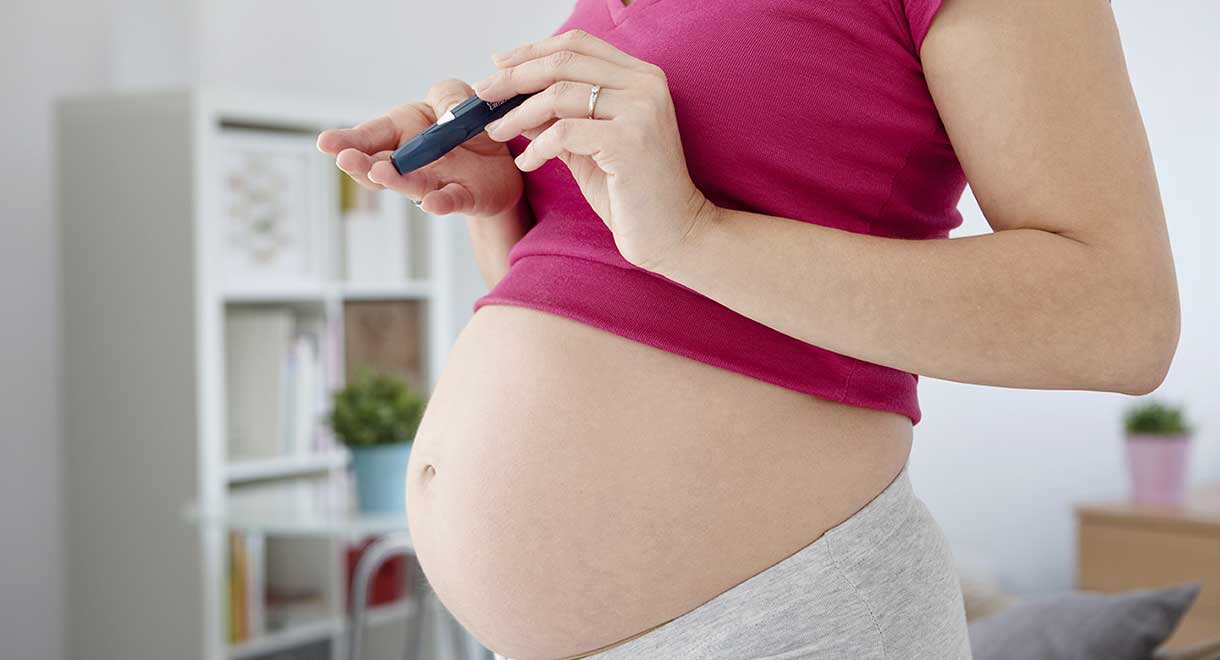Gestational diabetes may raise risk of postpartum depression
By naturopath Margaret Jasinska
Research has shown that women who develop diabetes while pregnant are more prone to suffering from postpartum depression.
This association was found in first-time mothers and conducted by researchers from the Icahn School of Medicine at Mount Sinai and the Karolinska Institute. The study looked at data from more than 700,000 women and was published in the journal Depression and Anxiety. The researchers also found that women with a history of depression are over 20 times more likely to develop postnatal depression than women who haven’t suffered depression before. The combination of prior depression plus gestational diabetes was the biggest determinant in who would suffer from postnatal depression.
Michael E. Silverman, Ph.D. is a professor of psychiatry and lead author of the study. He has said: “Most practitioners think of these as two isolated and very different conditions, but we now understand gestational diabetes and postpartum depression should be considered together. While having diabetes increases postpartum depression risk for all women, for those women who have had a past depressive episode, having diabetes during pregnancy makes it 70 percent more likely that they will develop postpartum depression.”
The period following childbirth can be incredibly stressful and demanding, coupled with serious sleep deprivation. Postpartum depression varies in intensity among women, however, it can be completely debilitating. This association with gestational diabetes can serve as an early warning system so that at-risk women can be more prepared for its onset.
Postnatal depression can develop as a result of a combination of hormonal changes, traumatic birth experience, psychological adjustment to motherhood, and the significant fatigue common at that time. Progesterone levels plummet at this time, and the use of a natural progesterone cream, which requires a doctor’s prescription can offer dramatic benefits for many women. Nutritional deficiencies may also play a role. This is not surprising, since vitamins and minerals are required for both hormone production and neurotransmitter production. Diabetics are more likely to be lacking in specific nutrients that help with blood sugar control as well as relief from anxiety and depression.
Pregnancy puts a significant strain on the liver. The liver must break down sky-high hormone levels. During pregnancy, many women experience an aggravation of fatty liver, gallbladder problems, or they may even develop gallstones for the first time. It is very important to get your liver as healthy as possible before becoming pregnant. The book The Liver Cleansing Diet offers help and advice.









Leave A Comment